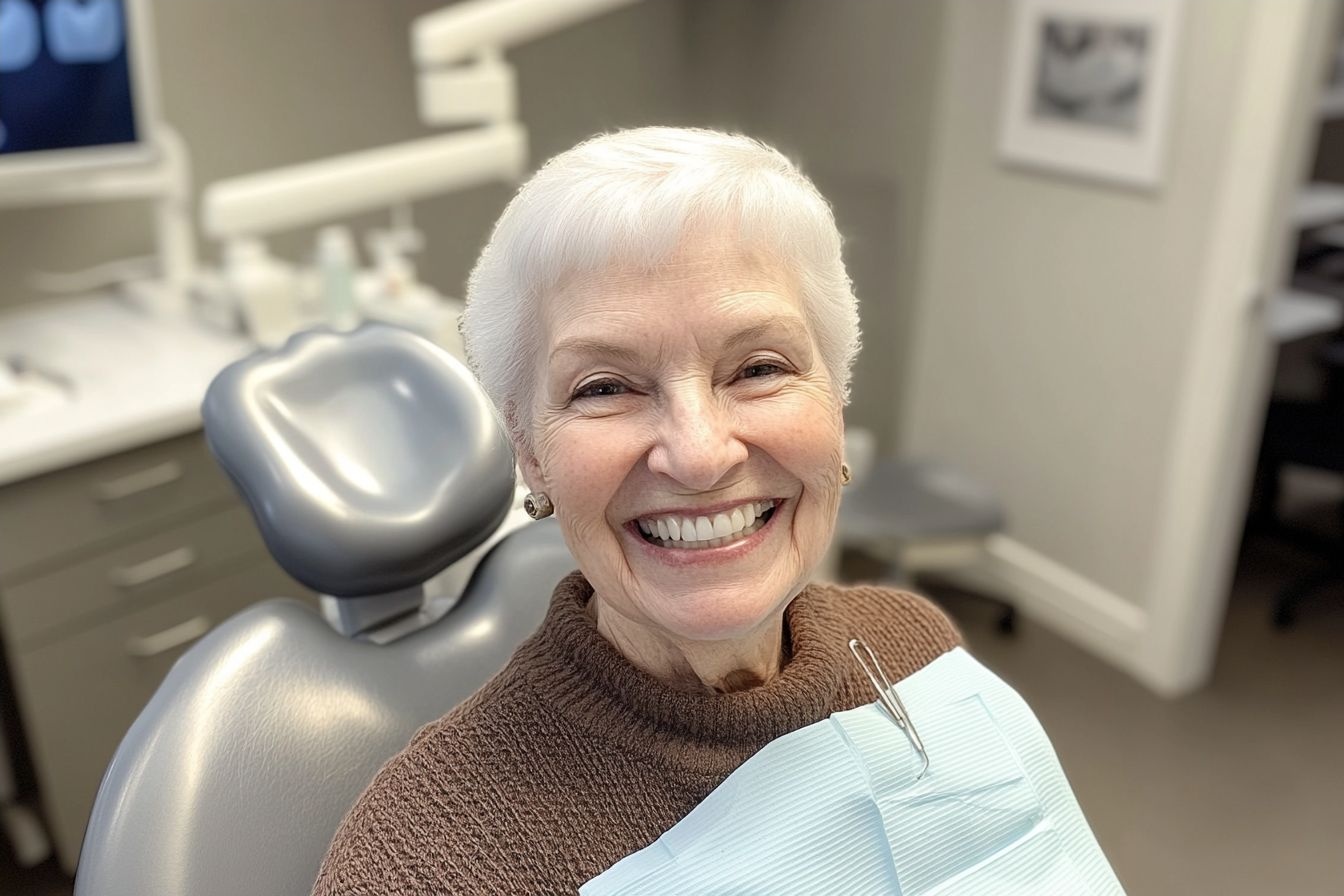Finding the Right Dentist for Seniors: What to Look for in 2025
As we age, dental needs change—and finding a dentist who understands those changes can make all the difference. From managing dry mouth to maintaining dentures or supporting overall oral health, seniors benefit from specialized care that prioritizes comfort, experience, and prevention. This guide explores what to consider when choosing a dentist for seniors and how the right provider can support long-term well-being.

What specialized services should a senior-friendly dentist offer?
A dentist catering to seniors in 2025 should provide a comprehensive range of services tailored to aging teeth and gums. These services may include:
-
Periodontal care: As gum disease becomes more prevalent with age, specialized treatments for gum health are essential.
-
Dry mouth management: Many seniors experience reduced saliva production, requiring specific interventions to maintain oral health.
-
Denture services: From fitting and repairs to implant-supported dentures, a senior-friendly dentist should offer various denture solutions.
-
Oral cancer screenings: Regular screenings become increasingly important as the risk of oral cancer rises with age.
-
Restorative dentistry: Services like crowns, bridges, and dental implants should be available to address tooth loss and decay.
How important is accessibility and comfort in a dental office for seniors?
Accessibility and comfort play a crucial role in ensuring seniors can receive regular dental care without unnecessary stress or difficulty. Key considerations include:
-
Physical accessibility: The office should be easily accessible for those with mobility issues, featuring ramps, wide doorways, and elevators if necessary.
-
Comfortable seating: Waiting areas and dental chairs should accommodate seniors with arthritis or back problems.
-
Clear signage and lighting: Easy-to-read signs and proper lighting help seniors navigate the office independently.
-
Noise reduction: A quieter environment can be less overwhelming for seniors with hearing sensitivities.
-
Extended appointment times: Allowing extra time for seniors to move comfortably and communicate their concerns enhances the overall experience.
What experience and qualifications should you look for in a senior-focused dentist?
When choosing a dentist for seniors in 2025, consider the following qualifications and experience:
-
Geriatric dentistry specialization: Look for dentists with additional training or certification in geriatric dental care.
-
Years of experience treating older patients: A track record of working with seniors indicates familiarity with age-related dental issues.
-
Continuing education: Dentists should stay updated on the latest techniques and technologies for senior dental care.
-
Patient reviews and testimonials: Feedback from other senior patients can provide valuable insights into the dentist’s approach and bedside manner.
-
Collaboration with other healthcare providers: A dentist who works closely with physicians can better manage overall health concerns that impact oral care.
How can technology enhance dental care for seniors in 2025?
Technological advancements are revolutionizing dental care for seniors in 2025:
-
3D printing: Custom-fit dentures and dental implants can be created quickly and accurately.
-
Digital impressions: No more uncomfortable molds; digital scans provide precise impressions for various dental procedures.
-
Teledentistry: Remote consultations and follow-ups reduce the need for in-person visits, benefiting those with mobility issues.
-
AI-assisted diagnostics: Artificial intelligence helps detect oral health issues earlier and with greater accuracy.
-
Pain-free laser treatments: Advanced laser technology makes many dental procedures more comfortable and less invasive for seniors.
What unique considerations exist for dental implants in senior patients?
Dental implants have become an increasingly popular option for seniors seeking to replace missing teeth. However, there are several unique factors to consider:
-
Bone density: As we age, bone density can decrease, potentially affecting implant success. Advanced bone grafting techniques may be necessary.
-
Healing time: Seniors may require longer healing periods between implant stages, necessitating a more patient approach.
-
Medical conditions: Certain health issues common in seniors, such as diabetes or osteoporosis, may impact implant procedures and require special considerations.
-
Medication interactions: Many seniors take multiple medications, which could affect implant surgery or healing. A thorough medical history review is crucial.
-
Long-term maintenance: Dentists should discuss the importance of ongoing care and provide strategies for maintaining implants in later years.
How do dental implant costs and options vary for seniors in 2025?
Dental implant costs and options for seniors in 2025 can vary significantly based on several factors:
| Implant Type | Average Cost Range | Key Features |
|---|---|---|
| Single Tooth Implant | $3,000 - $6,000 | Replaces one missing tooth |
| All-on-4 Implants | $15,000 - $30,000 per arch | Full arch replacement with just four implants |
| Mini Implants | $500 - $1,500 per implant | Less invasive, often used to stabilize dentures |
| Implant-Supported Dentures | $5,000 - $15,000 per arch | Removable overdentures anchored by implants |
Prices, rates, or cost estimates mentioned in this article are based on the latest available information but may change over time. Independent research is advised before making financial decisions.
It’s important to note that many dental insurance plans are expanding coverage for implants in 2025, recognizing their long-term benefits for seniors. Additionally, some dental offices offer senior discounts or financing options to make implants more accessible. Consulting with a dentist who specializes in geriatric care can help seniors navigate these options and find the most cost-effective solution for their needs.
In conclusion, finding the right dentist for seniors in 2025 involves considering specialized services, accessibility, comfort, experience, and technological advancements. By prioritizing these factors and understanding the unique considerations for treatments like dental implants, seniors can ensure they receive high-quality, tailored dental care that supports their overall health and quality of life.




